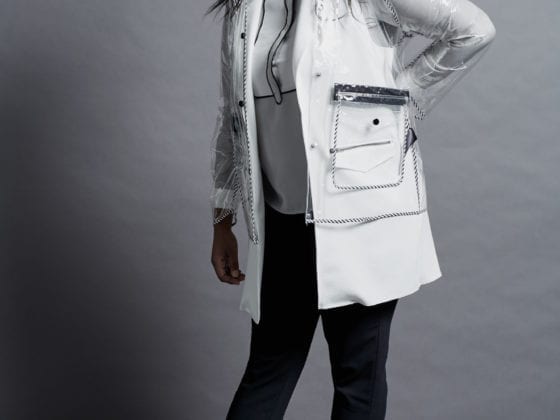We like to think a strong friendship is invincible to pain, but sadly, that’s not true. Even the tightest of relationships can be wounded throughout the course of a friendship. Sometimes, it’s the people we love who can hurt us the most.
Back when we were kids running around on the playground, we learned about the boundaries of friendship. We might say something hurtful—sometimes even intentionally—but in our youth, forgiveness was readily handed out as we learned how to build relationships. The older we got, though, the less room we allowed for ourselves to be hurt by a friend. It’s understandable that many people grow colder and more detached as they get older in order to avoid relationship pain.
In our youth, forgiveness was readily handed out as we learned how to build relationships.
Yes, pain is a potential hazard of friendship. But on the other side of pain—after healing takes place—that friendship can be stronger and sweeter than ever. You just have to be willing to do the work of healing.
Avoid assigning blame.
Remember that there are two sides to every story. You can’t fully understand the full effect of a wound until you hear each other out. Keep in mind that you are both human. Neither of you is perfect. Sometimes things are said that can’t be taken back, but they can be forgiven.
Have open and safe communication.
It’s important to hear the pain incurred on both sides in order to better understand each other. Make sure you are gentle. Maybe one of you needs more space than the other. Give space. If one of you wants to recount the tear in your friendship, then be willing to discuss it multiple times. Do your best not to get defensive, but just listen.
Recognize the source.
Has this been something stewing in your friendship for weeks, months or years? Dig up the root of where this tension started. Maybe it’s come up out of the blue, but it still needs a light shown on it in order to begin to heal.
Agree to move forward.
It’s possible it may take awhile for you both to sort through your feelings, but once you have been able to talk everything through, this instance should not be brought up as a scoreboard of grievances.
Focus on the future of your friendship instead of worrying about the past repeating itself. Forgiveness means truly letting go. If you hold onto this pain point, then fear will only cripple you from moving forward in this friendship and in others.
Focus on the future of your friendship instead of worrying about the past repeating itself.
Allow this to serve as a teacher.
It’s easy to come out the other end of a painful conflict and be more wary, more on edge of the possibility it could happen again. Instead, allow what you learned to help you become more considerate, more forgiving and more willing to understand someone else’s perspective.
Too often we assume that cutting ties and abandoning a friendship is easier than going through the work of listening, understanding, apologizing and forgiving. Making new friends as an adult can be hard. Before throwing away someone who has been a big part of your life, give healing a real try.
It may not always work out. Some rifts are too big to bring a friendship back together. However, a friend who is willing to resolve conflicts is a friend worth having. Be that friend.
Have you ever had to do the tough work of healing a friendship? What did you learn from that process?
Image via Ali Mitton, Darling Issue No. 20











1 comment
This was a good article.